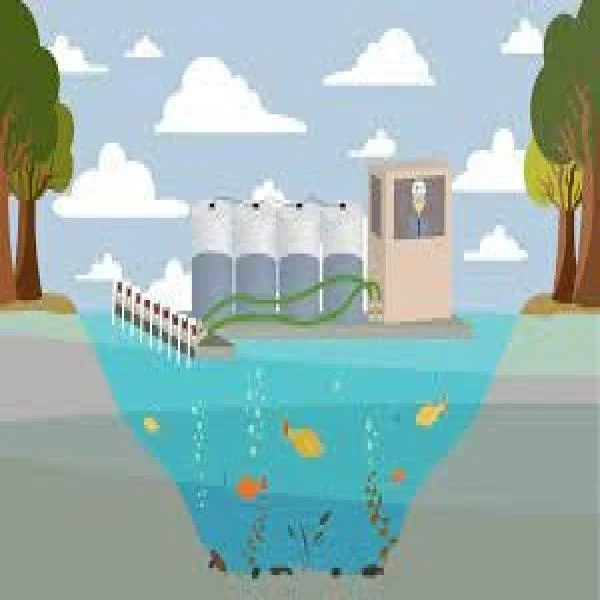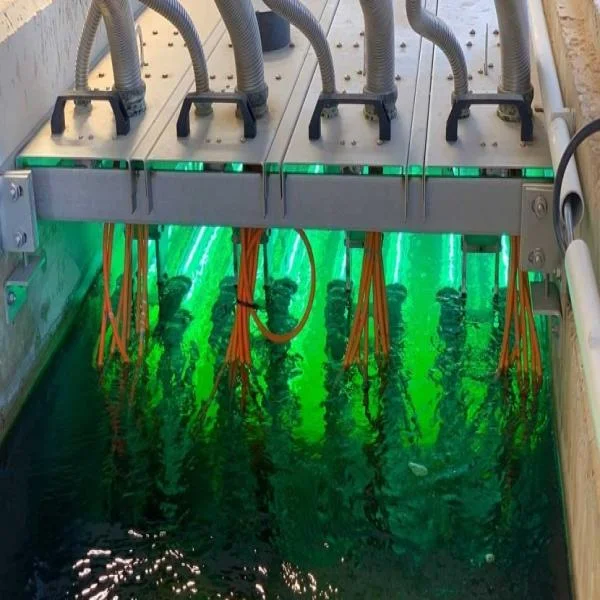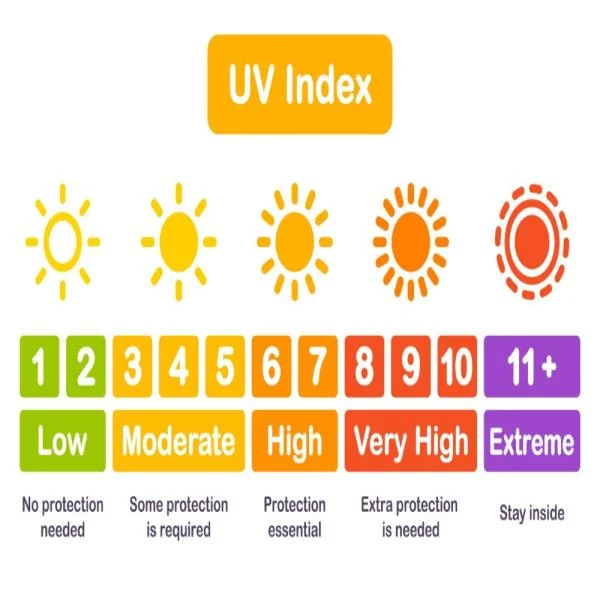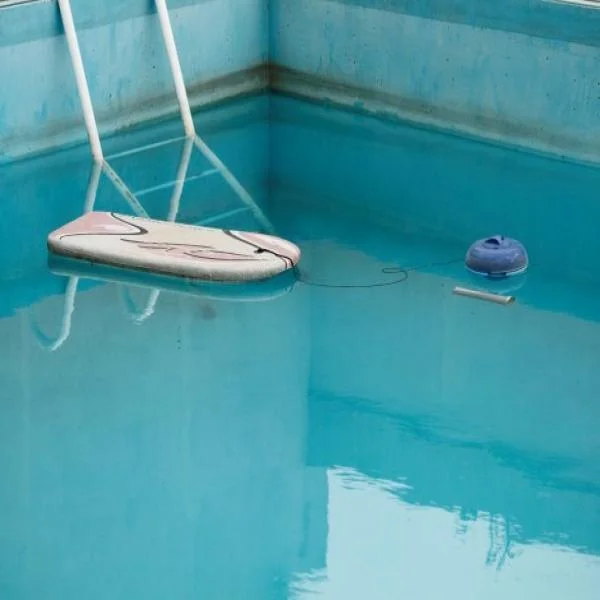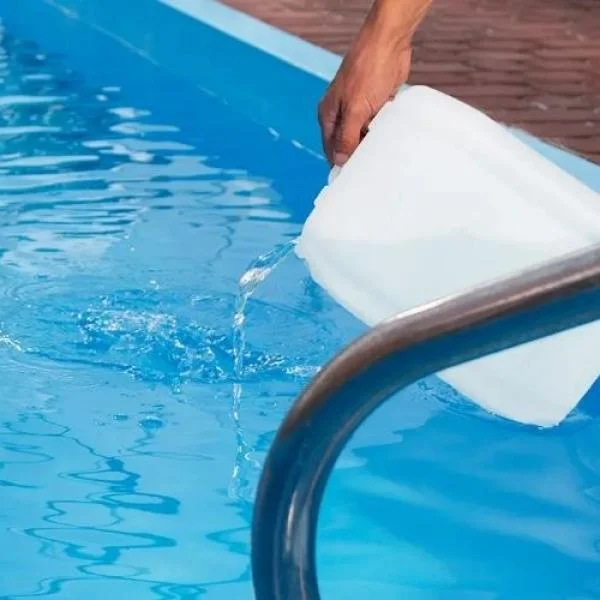
Alum water, a solution created by dissolving alum in water, has been used for centuries as a natural remedy and water purifier. Alum, or potassium aluminum sulfate, is a chemical compound that acts as a coagulant to remove impurities from water and has many other applications in health and home care. In this article, we’ll explore the various uses of alum water, how to prepare it, and the benefits it offers in everyday life.
What is Alum?
Alum is a naturally occurring mineral commonly found in volcanic areas. It comes in different forms, such as potassium alum, ammonium alum, and sodium alum, each having specific uses. The potassium alum variety is widely used for water treatment, cooking, skincare, and other medicinal purposes. It is a white crystalline substance that easily dissolves in water, making it a versatile and accessible solution.
How Does Alum Water Work?
Alum water works primarily through a process called coagulation. When alum is added to impure water, it binds to particles, causing them to clump together. These clumps, or "flocs," become heavy and sink to the bottom of the container, making it easier to filter or remove the contaminants. This process is commonly used in rural areas and by people looking for an inexpensive and effective way to purify drinking water.
Uses of Alum Water
Alum water serves multiple purposes, making it a valuable household item. Here are some of the common uses:
1. Water Purification
One of the primary uses of alum water is in the purification of drinking water. Alum helps remove turbidity by coagulating dirt, bacteria, and other harmful impurities when added to water. This method is still used in water treatment plants worldwide and by individuals in regions without access to modern filtration systems. It’s a cost-effective way to ensure that the water you drink is contaminant-free.
To use alum water for purification, dissolve a small amount of alum powder in a bucket of water. Stir the solution and let it sit for a few hours. During this time, impurities will coagulate and settle at the bottom. You can then strain the water through a cloth or simply decant the clear water into another container.
2. Skincare and Deodorant
Alum water is often used in traditional skincare routines due to its astringent and antiseptic properties. It can help reduce acne, tighten pores, and even act as a natural deodorant. Many also use it as an aftershave to soothe irritation and prevent razor bumps.
For skincare, you can prepare alum water by dissolving a small amount of alum in warm water. Apply the solution to the affected skin using a cotton pad or a clean cloth. It helps in treating acne, open pores, and other skin irritations.
3. Mouthwash and Oral Health
Alum water is also known for its use in maintaining oral hygiene. Gargling with alum water can help alleviate sore throats, reduce gum inflammation, and treat canker sores. Its antibacterial properties help fight off germs and keep your mouth clean.
To use alum water for oral care, mix a pinch of alum powder in a glass of warm water and gargle for about 30 seconds. Repeat the process twice daily for best results.
4. Cooking Aid
Alum water can be used in some traditional recipes as a preservative or firming agent, especially in pickling processes. For example, it is sometimes added to cucumbers before pickling to retain their crispness.
5. Hair Care
In some cultures, alum water is used as a rinse to reduce dandruff and scalp itchiness. It has been said to strengthen hair and promote a healthy scalp by reducing fungal infections that contribute to dandruff.
Health Benefits of Alum Water
Alum water offers several health benefits, primarily due to its astringent and antibacterial properties. Below are some of the most notable benefits:
Helps Treat Sore Throat
Gargling with alum water is an age-old remedy for sore throats. Its antibacterial and astringent properties help reduce inflammation and kill bacteria that cause infections. Regular use can help alleviate discomfort and speed up recovery.
Improves Oral Health
Alum water’s antibacterial nature makes it an effective mouthwash. It helps reduce gum inflammation, treats canker sores, and kills harmful bacteria in the mouth, contributing to overall oral health.
Promotes Clear Skin
Using alum water on your skin can help reduce acne, tighten pores, and even fade blemishes. Its astringent properties allow it to remove excess oil from the skin, while its antibacterial properties help fight acne-causing bacteria.
Effective Deodorant
Alum water acts as a natural deodorant by eliminating odor-causing bacteria. Many people use it in place of commercial deodorants due to its effectiveness and the absence of harmful chemicals like aluminum chlorohydrate found in many over-the-counter products.
How to Prepare Alum Water for Water Purification
Preparing alum water for purification is simple and inexpensive. Here’s a step-by-step guide:
- Dissolve the Alum: Add approximately 1 gram of alum powder for every liter of impure water. The amount may vary depending on the level of impurities in the water.
- Stir the Water: Stir the solution thoroughly to ensure that the alum is evenly distributed.
- Wait for the Flocculation Process: Allow the water to sit for a few hours. During this time, the impurities will coagulate and settle at the bottom.
- Filter the Water: Once the particles have settled, either decant the clear water or filter it using a clean cloth or a filter system.
- Boil the Water (Optional): For added safety, you can boil the water to ensure that any remaining pathogens are killed.
Potential Risks and Side Effects of Alum Water
While alum water is generally safe for most people when used in moderation, excessive consumption or application can lead to side effects. Overuse of alum in water purification can cause gastrointestinal issues, as it’s not intended for long-term consumption in large quantities. In addition, some people may experience skin irritation when using alum water topically, especially if they have sensitive skin. Always perform a patch test before applying alum water to larger areas of the skin.
Alternatives to Alum Water
If you’re looking for alternatives to alum for water purification, modern methods like UV water purifiers, activated carbon filters, and ceramic water filters are excellent options. These methods don’t require the manual labor of decanting and can provide continuous water filtration.
Conclusion
Alum water is a versatile and effective solution for water purification, skin care, oral health, and more. Its ability to coagulate and remove impurities makes it a valuable tool in areas where modern water filtration systems aren’t readily available. In addition to its benefits for water treatment, alum water also offers various health and home care applications. However, like any substance, it should be used in moderation and with care to avoid potential side effects. Whether you're using it for clean water or clearer skin, alum water is an age-old remedy with modern-day relevance.
Related Articles
What You Need to Know Alum Treatment for Pools
Alum treatment , also known as aluminum sulfate treatment, is a widely used method for improving ...
Why UV Water Treatment is the Solution to Clean Water
Ultraviolet water treatment is becoming an increasingly popular method for purifying water in homes, ...
What Is the UV Index and Why It Matters for Your Skin and Health
The UV Index is a critical tool for understanding the levels of ultraviolet (UV) radiation from the ...
How Pool Flocculant Works and When to Use It
Keeping pool water clean and clear is a priority but sometimes regular maintenance isn’t enough to ...
Alum Treatment for Cleaner Lakes and Ponds
In the realm of water quality management, alum treatment has emerged as a highly effective method ...
Clear Water in a Flash: The Magic of Pool Flocculant
Maintaining a pristine swimming pool can be challenging, especially when dealing with persistent ...

